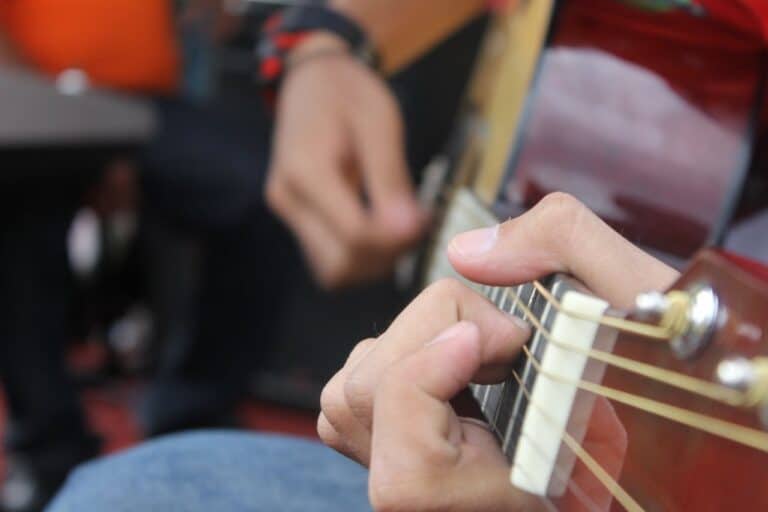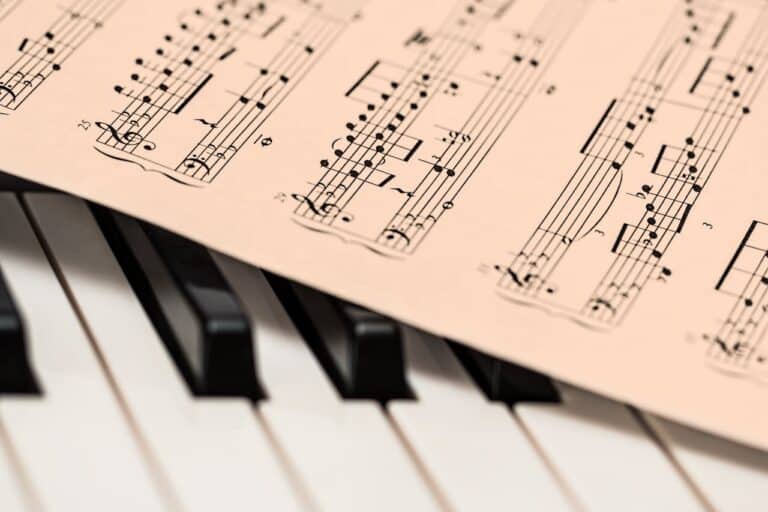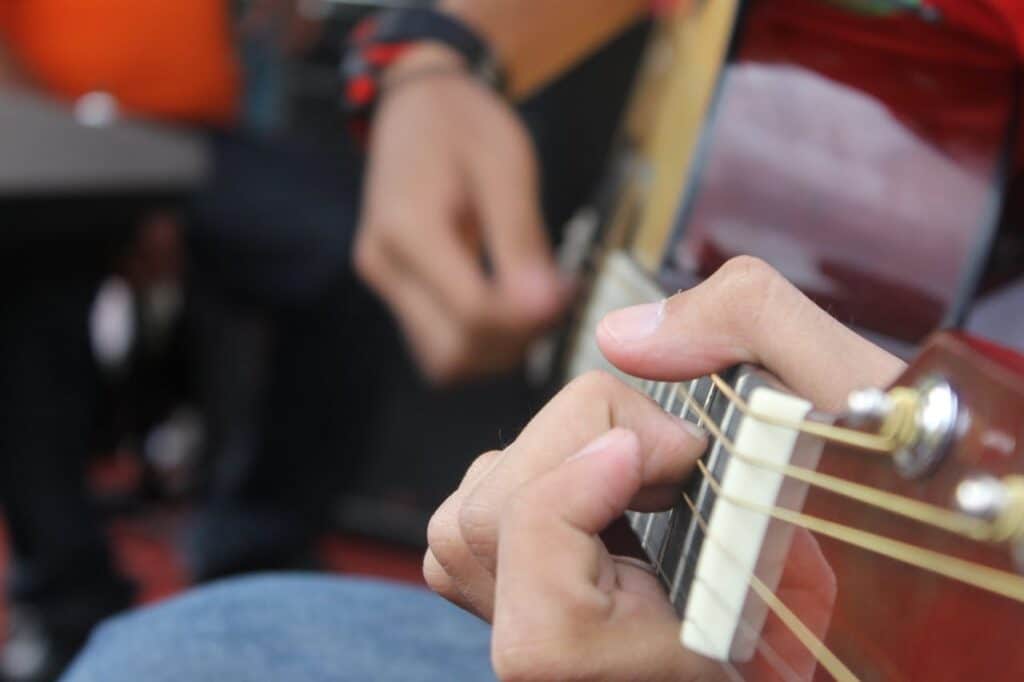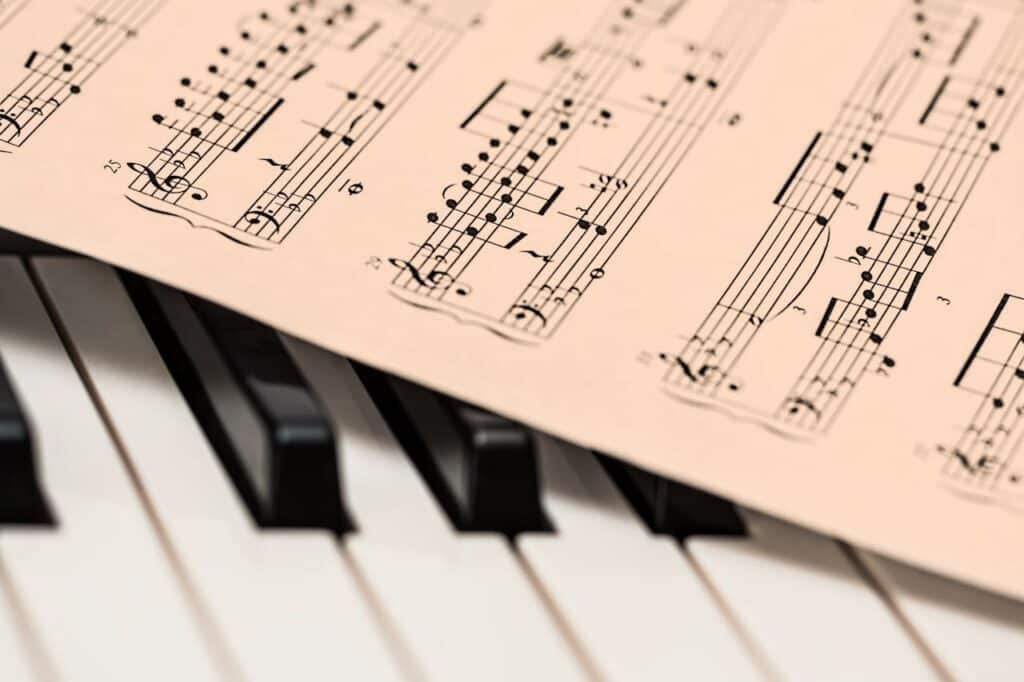Music is more than art—it’s healing. It connects us, grounds us, and helps us make sense of what words can’t express. Modern neuroscience is now confirming what many of us intuitively know: music profoundly affects the brain and the self, shaping how we think, feel, and connect to others.
1. Music Engages the Whole Brain
Unlike most activities, music lights up nearly every region of the brain. Research from the University of Helsinki found that both listening to and creating music stimulate neuroplasticity—the brain’s ability to reorganize and form new neural connections.
This means music therapy can help rewire the brain after trauma or stress, improving focus, memory, and emotional balance. Studies published in Frontiers in Human Neuroscience show that music strengthens connections between regions involved in emotion regulation and self-awareness—key areas often impacted by trauma and anxiety.
2. Music Regulates Emotions and Enhances Mood
Music activates the limbic system, the emotional core of the brain, and increases the release of dopamine, serotonin, and oxytocin—neurochemicals linked to pleasure, mood, and connection.
For those struggling with depression, anxiety, or trauma, music provides a safe, nonverbal way to process and regulate emotions. In a therapy session, this can mean using rhythm, melody, or improvisation to express feelings that are too deep or complex for words.
3. Rhythm Helps Regulate the Nervous System
Our brains and bodies are rhythmic—heartbeat, breath, and movement all flow in patterns. When we engage with rhythm through drumming, humming, or guided music experiences, our bodies synchronize to those patterns.
Research from Harvard Medical School shows that rhythmic entrainment (when the brain aligns with external rhythms) can lower anxiety and restore balance in the autonomic nervous system. Slow, repetitive rhythms signal safety to the body, helping it shift out of hyperarousal or shutdown.
4. Music Strengthens the Sense of Self
Music therapy invites us to connect with the parts of ourselves that may feel hidden, numb, or silenced. Through songwriting, improvisation, or music and imagery, people rediscover their voice, agency, and creativity.
This process promotes self-integration—the harmony between mind, body, and emotions. Over time, music therapy can restore the ability to feel grounded, authentic, and whole.
Music as a Bridge Between Brain and Heart
As neurologist Oliver Sacks once said, “Music can lift us out of depression when nothing else can.” Music therapy bridges science and soul—it rewires the brain while rekindling human connection and meaning.
If you’re seeking a way to heal, express, and reconnect through creative and evidence-based approaches, music therapy in Austin may be the path back to yourself.
🌱At Integrative Creative Therapy, we offer trauma-informed music and creative arts therapy to help you rediscover emotional safety, balance, and authenticity.
👉 [Book a consultation] to begin your healing journey.







